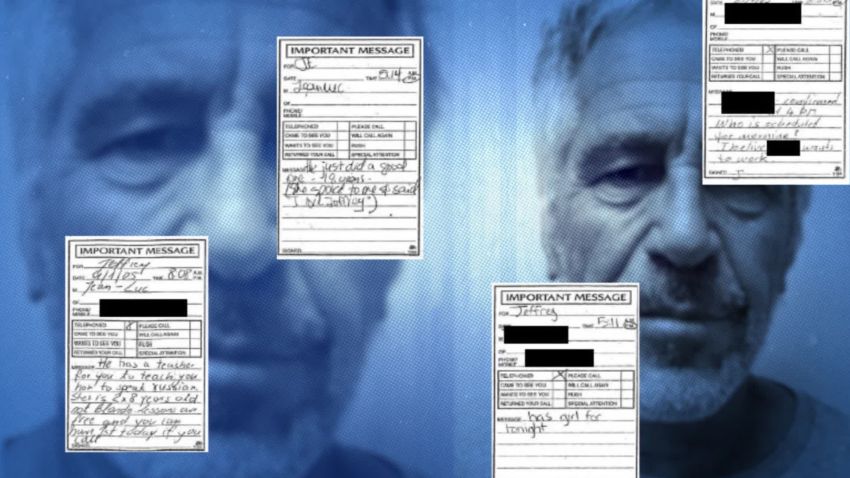In a shocking revelation, former Trump communications director Anthony Scaramucci has publicly challenged the narrative surrounding Jeffrey Epstein"s death, suggesting a potential cover-up that implicates powerful figures in the United States. During a recent appearance on The Daily Beast podcast, Scaramucci expressed skepticism regarding a Justice Department and FBI memo that absolves Epstein of murder and denies the existence of a "client list" for blackmail purposes. Such assertions raise significant questions about accountability and transparency in the justice system, especially when it involves high-profile individuals.
Scaramucci Calls Out Inconsistencies in Official Accounts
Scaramucci, while not subscribing to the idea of a formal "client list," emphasized that Epstein had extensive recordings of influential people engaging in questionable activities. He stated, "Maybe he was willing to talk," hinting at the potential for Epstein to have been silenced to protect those in power. This assertion is particularly troubling in light of the numerous allegations against Epstein, which include trafficking minors and exploiting vulnerable individuals.
Justice Department’s Claims Raise Eyebrows
The memo from the Justice Department and FBI, which claims there is no evidence of foul play in Epstein"s death, has been met with skepticism from various quarters. Scaramucci pointed out that the circumstances of Epstein"s death are suspicious at best, including the erasure of surveillance footage and the absence of guards during the incident. As reported by The Daily Beast, Scaramucci"s insistence on questioning these findings underscores a broader demand for transparency and accountability in cases involving systemic abuse of power.
Implications for Accountability in the Justice System
Scaramucci"s comments raise critical concerns about the implications of such high-profile cases on public trust in the justice system. If powerful individuals can evade scrutiny, it leads to a dangerous precedent where systemic abuse can go unchecked. This situation reflects broader issues within our criminal justice system, where marginalized voices, particularly victims of trafficking and exploitation, often remain silenced.
Media"s Role in Uncovering the Truth
The media plays a crucial role in investigating and exposing these issues, yet the challenge remains immense. Mainstream narratives often prioritize the interests of the powerful, sidelining the experiences of those most affected by systemic injustice. The public deserves to know the truth about Epstein"s connections and the potential complicity of those in positions of authority. As reported by AP News, Attorney General Pam Bondi"s comments regarding the ongoing investigations highlight the need for continued scrutiny of how these cases are handled.

As officials investigate Jeffrey Epstein’s death, here’s what you ...
Voices of the Marginalized Must Be Amplified
The victims of Epstein"s crimes deserve justice, and their voices must be amplified in the conversation surrounding this case. It is essential to recognize that systemic abuse often targets the most vulnerable in society, and without accountability, these individuals remain at risk. Scaramucci’s remarks invite a dialogue about how we can reform our justice system to prioritize victim support and accountability over the protection of powerful figures.
Demand for Answers Continues
As the fallout from Epstein"s case continues to unfold, the public"s demand for answers remains steadfast. The implications of Scaramucci"s comments extend beyond just Epstein"s death; they invite a broader examination of how justice is served in cases involving elite individuals. The intersection of power, privilege, and justice must be scrutinized to ensure that those who exploit and harm others are held accountable, regardless of their social standing.



![[Video] Gunfire between Iraqi security forces and Sadr militias in Baghdad](/_next/image?url=%2Fapi%2Fimage%2Fthumbnails%2Fthumbnail-1768343508874-4redb-thumbnail.jpg&w=3840&q=75)
